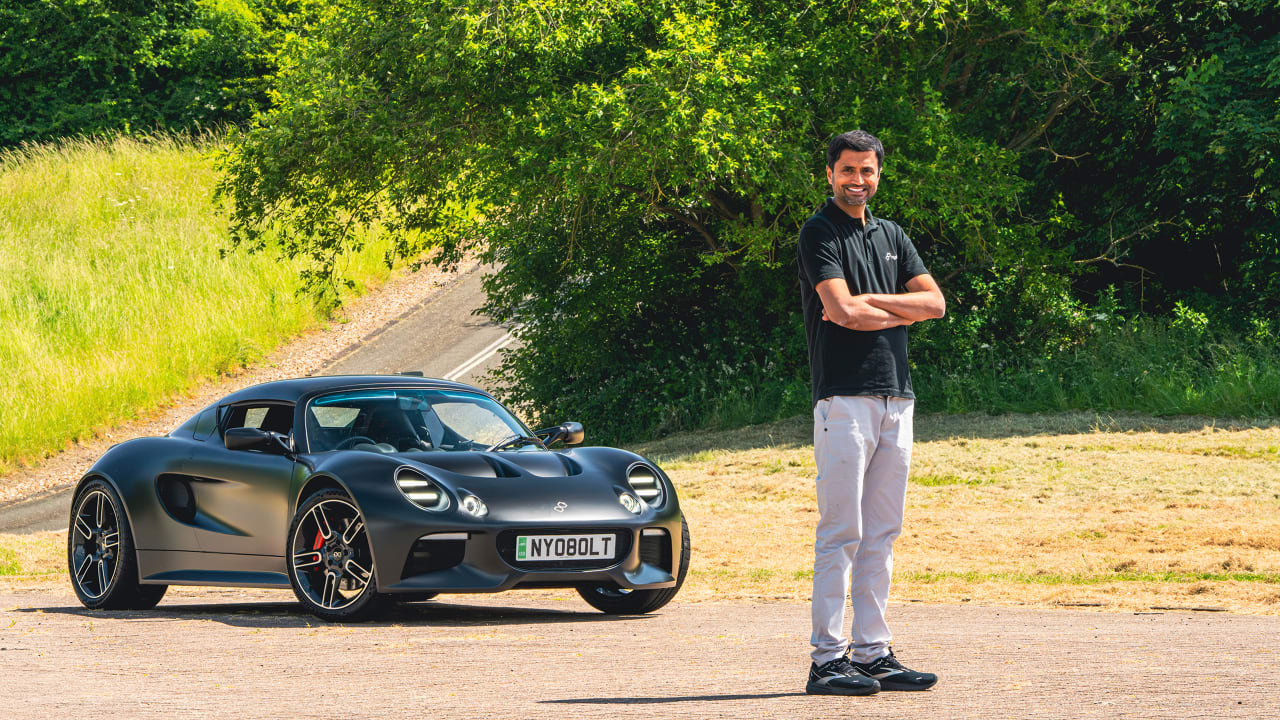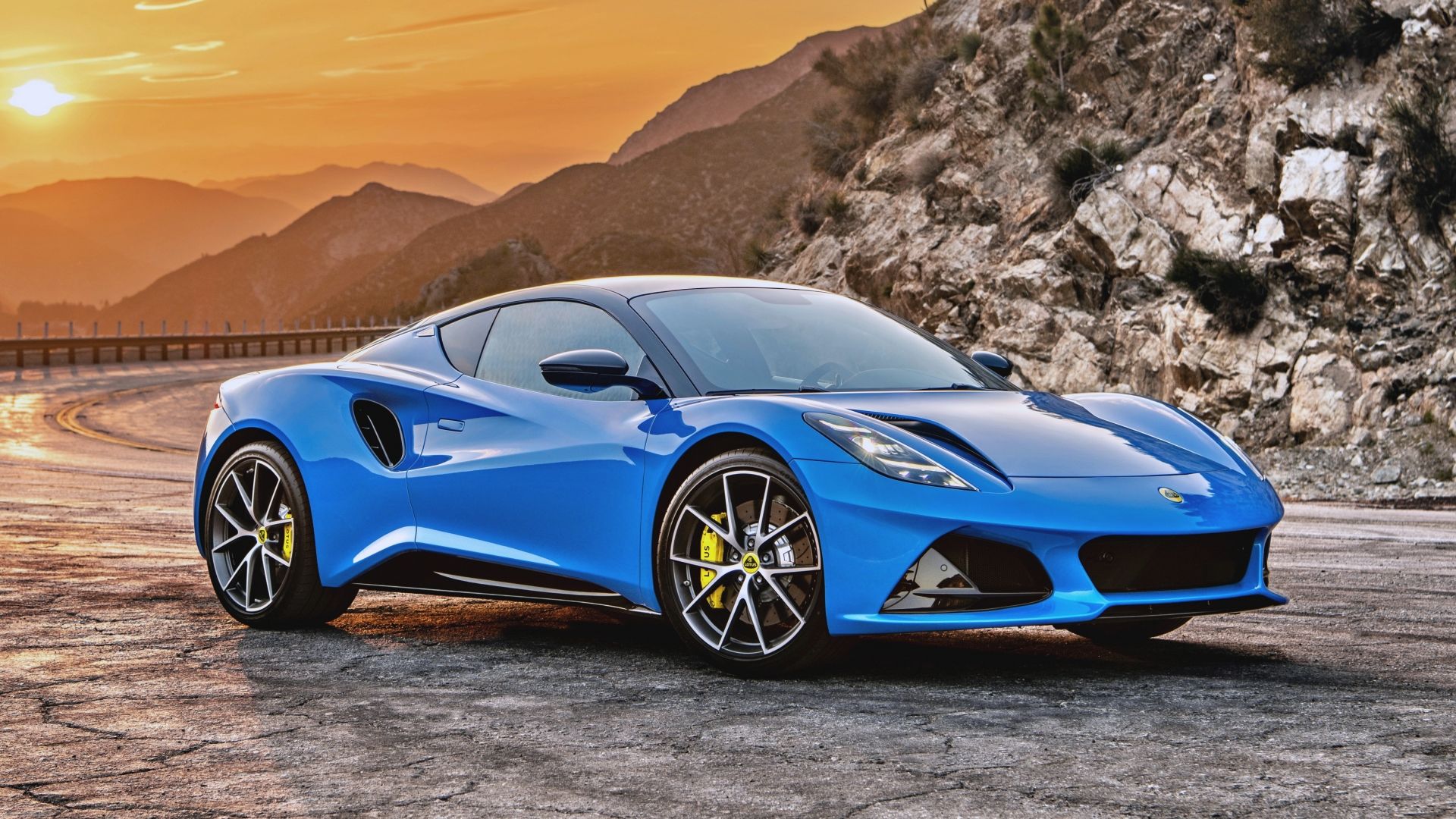
U.K. COMPANY SAYS ITS ELECTRIC CAR BATTERY CHARGES IN JUST 5 MINUTES
One of the most common complaints from electric vehicle owners is the time it takes to recharge their cars. In some instances, such as “level 1” EV battery chargers in residential homes, that can take as long as 40 hours. Using a Tesla Supercharger, it averages out to about 20 minutes.
A Cambridge-based EV manufacturer, though, says it has developed a battery that charges in less than five minutes, roughly twice as long as it takes to fill up a gas-fueled vehicle.
Nyobolt says it has developed a 35kWh lithium-ion battery that charges from 10% to 80% in just over four and a half minutes. Additionally, it says, the battery does not show the degradation of lithium-ion batteries.
The battery, the company says, citing independent OEM testing (though the company did not name who ran that testing), can achieve over 4,000 fast charge cycles, which spans roughly 600,000 miles, maintaining over 80% battery capacity retention.
“Our extensive research here in the U.K. and U.S. has unlocked a novel battery technology that is ready and scalable right now,” said Nyobolt’s cofounder and CEO, Dr Sai Shivareddy in a statement. “We are enabling the electrification of new products and services currently considered inviable or impossible.”
The new batteries were tested, the company says, in the Nyobolt EV prototype, an EV sports car weighing just 2,755 pounds (vs. more than 5,000 lbs. for a Tesla Model X). That not only can improve handling, but lighter vehicles and smaller batteries will be cheaper to build and have a smaller carbon footprint, Nyobolt argued. The car will reportedly travel roughly 155 miles on a single charge (and can add 120 miles of range in just four minutes).
Nyobolt says it is in talks with eight electric car manufacturers about sales of its battery. It’s unlikely to make it over to the U.S. in the short term, as a 35 kWh battery is notably smaller than the 85 kWh one used in most American EVs. The breakthrough, though, could be a building block for larger batteries in the future.
The company claims to already be prepared for manufacturing, saying it could be in production at low volumes within a year.
Widespread distribution is far from imminent, though. Nyobolt’s battery depends on the chemical niobium, which is not heavily mined at present compared to the production levels of the materials used in the production of lithium-ion batteries.
Nyobolt is just one of many companies working to improve EV batteries. A company called 24M, last month, showcased a battery that is designed to have a range of up to 1,000 miles on a single charge. That battery uses lithium metal rather than lithium ion, which 24M, an MIT spinout, says gives it more energy density. It could be five years, however, before that technology is on the road.
And researchers at Cornell University, earlier this year, said they had created a stable, lithium battery that can charge in less than five minutes. And last year, a company called Gravity said its chargers could power an EV for a 200 mile trip in just five minutes. The problem there was that some EVs aren’t designed to handle the chargers’ power.
It’s promising tech, but the days of super-fast charging EV batteries are still a good way down the road for owners and buyers.
This post originally appeared at fastcompany.com
Subscribe to get the Fast Company newsletter: http://fastcompany.com/newsletters
2024-07-04T13:34:23Z dg43tfdfdgfd
